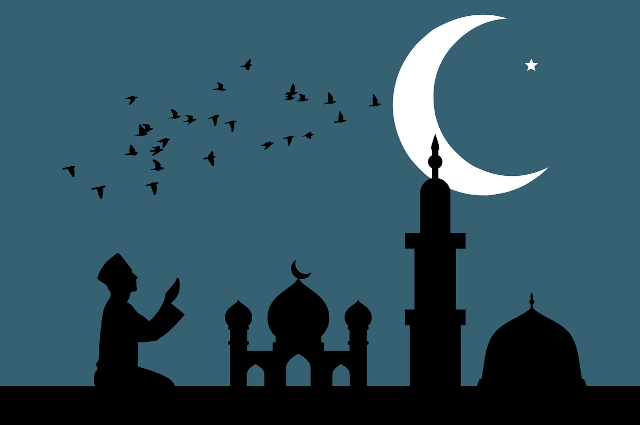
Image by Mohamed Hassan from Pixabay
Introduction
Islam is a monotheistic Abrahamic religion that originated in the 7th century CE in the Arabian Peninsula. It is the world's second-largest religion with over 1.8 billion adherents, constituting about 24.1% of the global population. Islam teaches that there is only one God (Allah), and that Muhammad is a messenger of God. The religion emphasizes the importance of both belief and practice, with adherents expected to put their beliefs into action through various religious obligations and practices.
The Five Pillars of Islam
The core beliefs and practices of Islam are known as the Five Pillars:
- Profession of Faith (shahada): The belief that "There is no god but God, and Muhammad is the messenger of God."
- Prayer (salat): Performing ritual prayers five times a day, facing the direction of the Kaaba shrine in Mecca.
- Almsgiving (zakat): Giving a percentage of one's wealth to charity.
- Fasting (sawm): Abstaining from food, drink, and sexual relations from dawn to dusk during the holy month of Ramadan.
- Pilgrimage (hajj): Making a pilgrimage to Mecca at least once in a lifetime if financially and physically able.
Beliefs and Practices
Islam teaches the importance of belief in one God (tawhid), angels, prophets, revealed scriptures, and the Day of Judgment. Muslims believe that Islam is the complete and universal version of a primordial faith revealed many times through earlier prophets and messengers, including Adam, Noah, Abraham, Moses, and Jesus.The Quran, which Muslims consider the verbatim word of God, and the teachings and normative examples of Muhammad (the sunnah), documented in accounts called hadith, provide guidance for Muslims in various aspects of life. Islamic law (sharia) touches on virtually every aspect of life, from banking and finance to men's and women's roles and the environment.Islam emphasizes the importance of community and social responsibility. Muslims are encouraged to help those less fortunate and to work towards the betterment of society. The religion also places a strong emphasis on education and the pursuit of knowledge.
History and Expansion
The religion of Islam originated in Mecca in 610 CE when Muhammad received his first revelation. By the time of his death in 632 CE, most of the Arabian Peninsula had converted to Islam. During the Arab conquests, Muslim rule expanded outside Arabia under the Rashidun Caliphate and the subsequent Umayyad Caliphate, which ruled from the Iberian Peninsula to the Indus Valley.The Islamic Golden Age, specifically during the reign of the Abbasid Caliphate, saw a flourishing of science, economics, and culture in much of the Muslim world. The expansion of the Muslim world involved various states and caliphates, as well as extensive trade and religious conversion as a result of Islamic missionary activities (dawah) and conquests.Today, Islam is a global religion with adherents in almost every country of the world. The majority of Muslims live in Asia and Africa, with significant populations in the Middle East, Europe, and the Americas. The two main branches of Islam are Sunni and Shia, with Sunnis making up the vast majority (between 85-90%) of the Muslim population.
Women in Islam
Contrary to popular misconceptions, Islam gives women many rights, including the right to inherit, work outside the home, and be educated. However, these rights are often violated due to the intersection of Islam with existing cultural norms that may reflect male-dominated societies.In Muslim communities, women often have a strong influence in the family, the workplace, the religion, and society in general. Islam emphasizes the importance of women's roles as mothers, wives, and educators, and encourages them to participate in various aspects of community life.
Conclusion
Islam is a complex and multifaceted religion that has had a profound impact on the lives of billions of people throughout history. Its core beliefs and practices, as embodied in the Five Pillars, provide a framework for living a righteous and fulfilling life. Despite the challenges and misconceptions it has faced, Islam continues to be a source of inspiration and guidance for its adherents, and a significant force in shaping the world we live in today.
